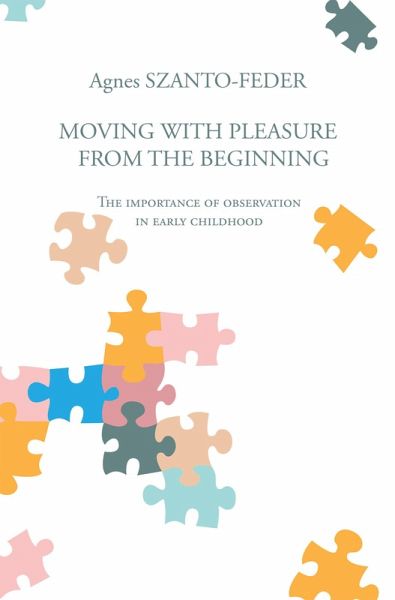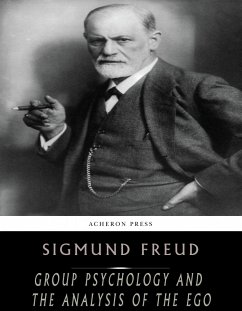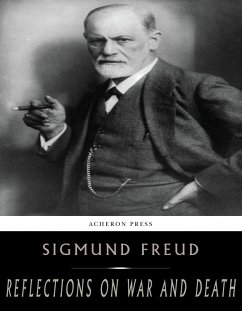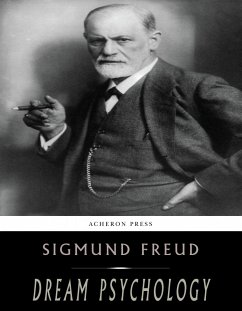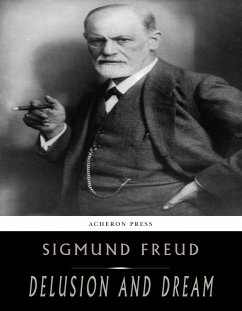How did I become psychologist? Agnes Szanto-Féder ... whereas I just got my degree of mathematics-physics at the Sorbonne university? That, meanwhile, I got my two children. I raised them according to the only conceivable manner for me - the natural manner, seemed to me it - the manner « Pikler ». Without questioning myself ... However, as the moms of young children do it while meeting in public gardens, the stores or at the nursery school: we speak. And there, I discovered that what I did with my children seems for them odd, unusual, exotic even (with my Hungarian accent...). Then, I sought for explanations. And I found the book of Pikler: "What Can Your Baby Do Already?" I knew it but until this time I did not feel the necessity to read it. I formed part of the group of children of which it speaks there and which Mariann Reismann photographed assiduously. However, to speak about it with other mothers, it had to be read. Then, to translate it - what I have done. As of the birth of my first child, I started to write letters to Emmi Pikler. But with the translation of the book, for me our exchanges became more and more of the reflection. And when, in 1968, I was finally permitted to return to Hungary, my first visit was for her and for « Lóczy ». It was there that she told me: in her opinion I have « something to say » in the psychology of young children and that I should start studies in this direction! Moreover, by a friend of her I got the chance to obtain a recommendation to Professor Tran Thong, in Paris, eminent specialist in the genetic psychology and the best expert of Henry Wallon. I passed with him my degree and my doctorate - both having for subject the development of the free or physiological motricity discovered by Pikler... A few words about the author: Agnes Szanto-Féder (1937...) is a psychologist, she is member founder of the "Association Pikler Lóczy de France". She had a very early contact with Dr Emmi Pikler, since Emmi Pikler was the family pediatrician when she was born. Her mother worked with Dr Pikler during a few years just after the creation of the Pikler Institute. Agnes has been living in France since 1956, where she received, after degree of mathematics-physics, master degree and doctorate in psychology, dealing more particularly in the research of the psychomotricity development of young children. She has two daughters. She has been working since 1973; first as psychologist in different nursery's and in the same time and till now, in teaching: courses and seminars for specialists of early childhood and at universities, in France, in Belgium, in Hungary, in Italy, in USA and in South-America; participating in international conferences. She is a founding-member and Vice-President of the Pikler-Lóczy Association of France. The Hungarian paediatrician Emmi Pikler (1902-1984), after 10 years of practice with « sufficiently good » families, founded the Institute Methodologic of Education for young children, (now Pikler Institute, known before as « Lóczy ») receiving children temporary or definitively without family. After 50 years of existence, we know that her work was exceptionally efficient, no known sign of hospitalism has been detected on children, now grown-up, who have been nurtured there. The thematic part of the present issue deals with the ideas and principles of her work. This document contributes to understand that the Emmi Pikler approach encourages a conversion: it modifies the attitude of the specialists with respect to very young children, allows a better appreciation of their capacities and gives value to what they are able to do. One basis of the reflection is the observation of very young children in the Pikler Institute to try to understand the relationship they have with adult caregivers. The same problem exists with young children in Day Care Centers because in the absence of spoken language it is necessary to use other information to understand them, to communicate with them, to look after them. It is not an observation to see where the child is in his development, but rather its purpose is to discover how he is, what he can do, what his competences are, and how we can understand each other with him. An important part of the reflection is centred on the observations made by some members of the working people with children and presented in the form of film, on their explanations of these observations and on the exchange of ideas that followed. It proves them that time spent with the caregiver is very important for young children; each child has his own rhythm and need for time with the caregiver. Another primary aspect of the Emmi Pikler approach, and the theme central of this issue, is the importance of the initiative of the child, the development of free movements and their influence on various fields: cognitive, intellectual, emotional and social. For this it is necessary to ensure an adequate environment for the child. In order for the child to have the opportunity - and the right - to choose the area of his sense of comfort, and especially the "width" of his boundaries (the lesser or greater risks he is willing to take during his experiments), he should move freely at every age, change place and play in the position he chooses for himself, proceed in his development at his own pace, and act on his own initiative. Every age group, every stage of motor development has its own set of tools for appropriately adjusting the physical balance. It is necessary to refer to the feelings experienced by adults so that in those situations where the adult is responsible for the similar experiences of the child she will be able to approach them with empathy. More precisely: we believe the adult should do her best while dealing with the child to make sure that the child can avoid any unpleasant experiences resulting from the insecurity or the losing of his physical balance. If the adult knows and comprehends these needs of the child, appreciates and respects it, it will have a deep impact on the relationship between the two of them. If the adult can listen and observe, the essence of her image of the child will be his independence, self-confidence and communication skills. The child she is taking care of will be her partner and not only the subject of her activities.
